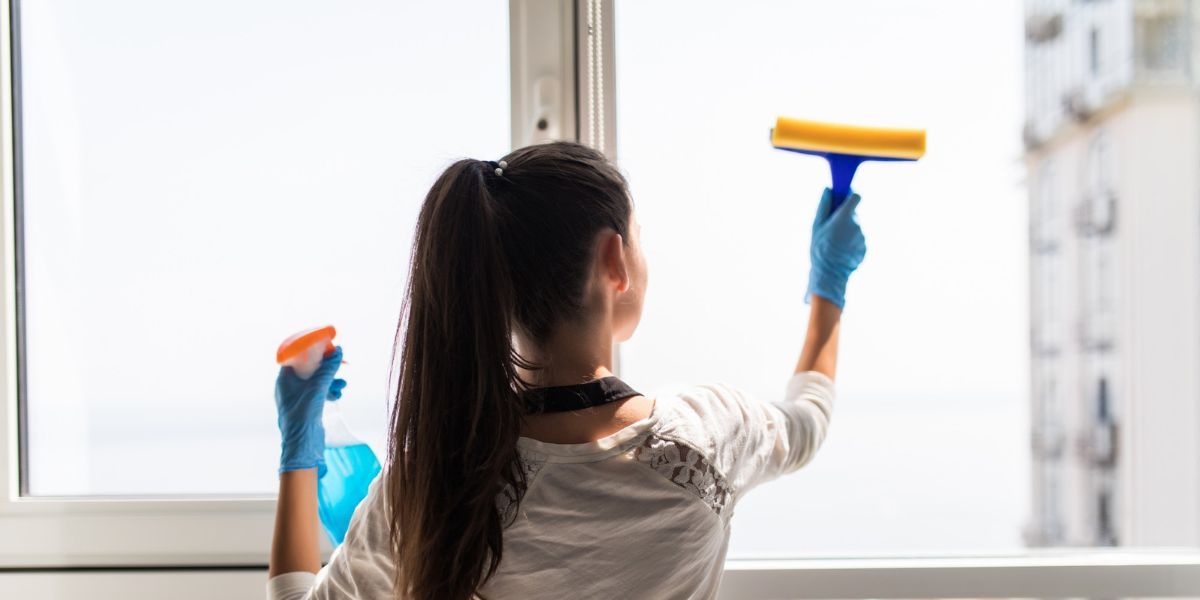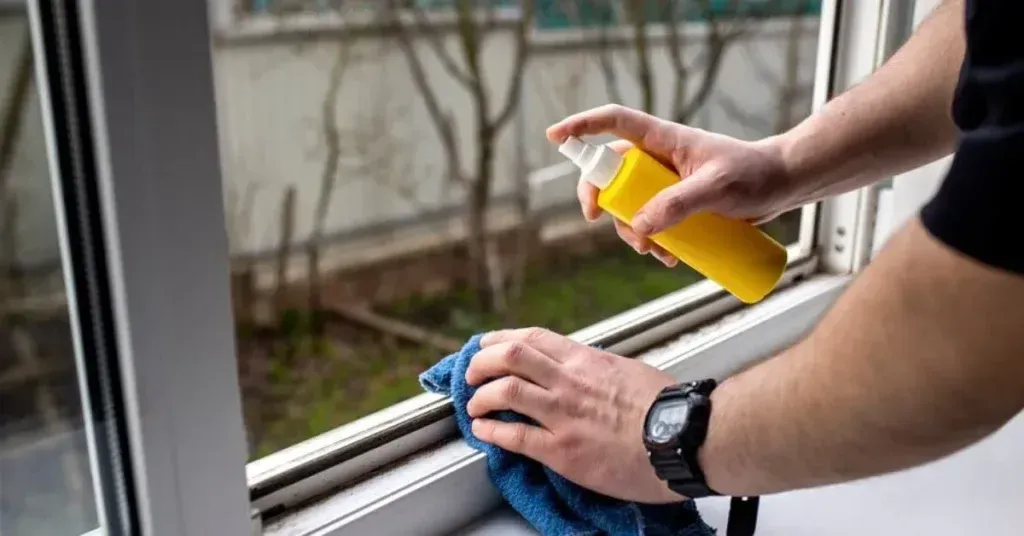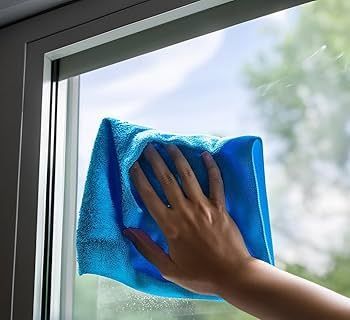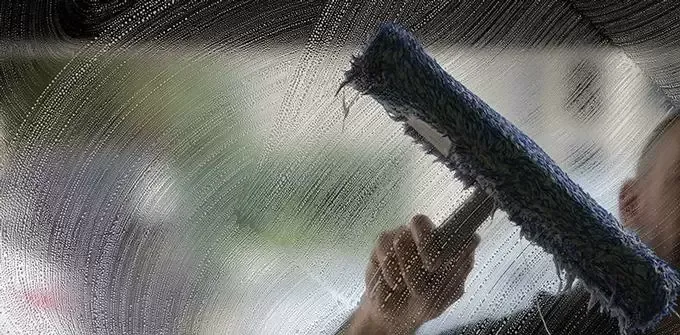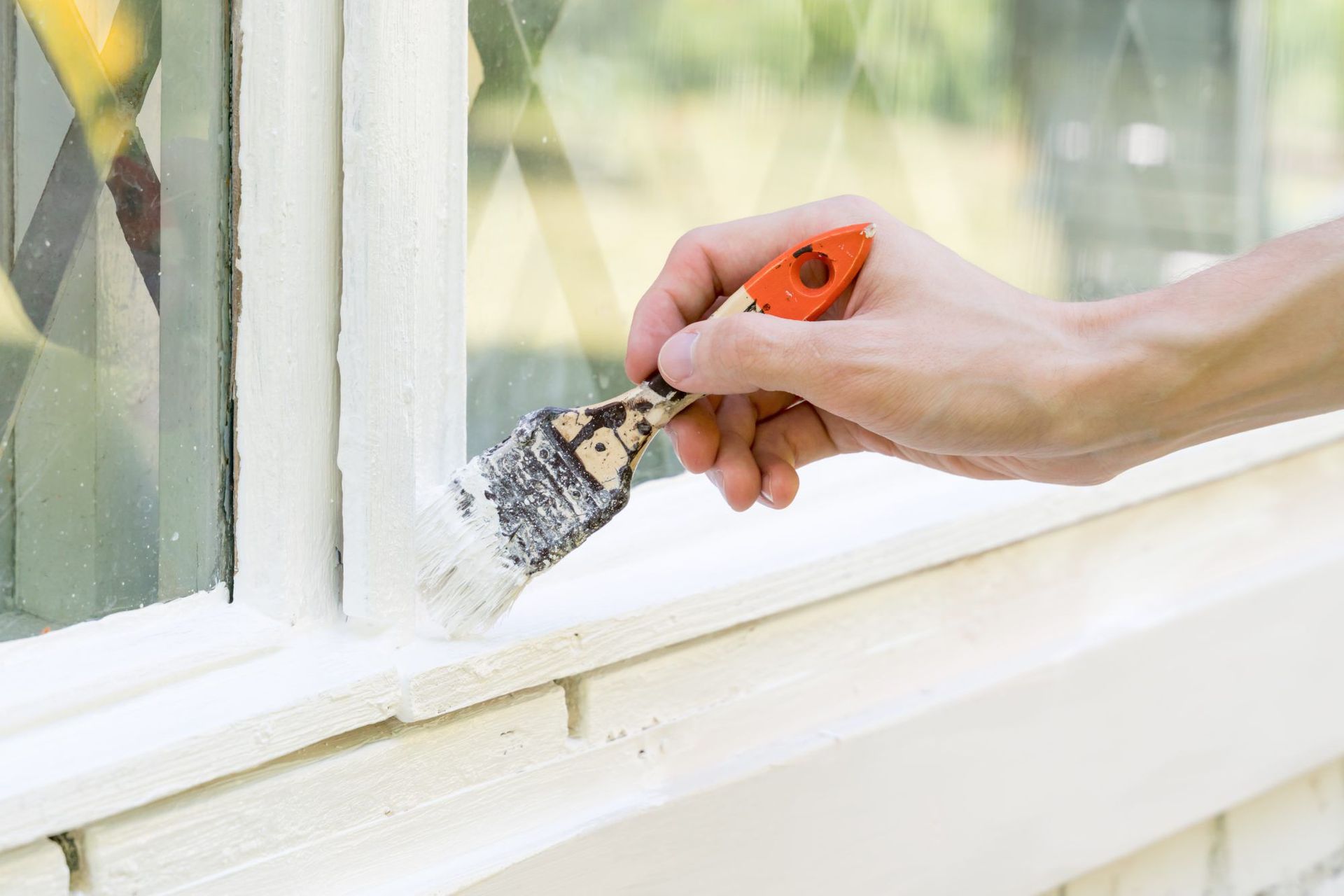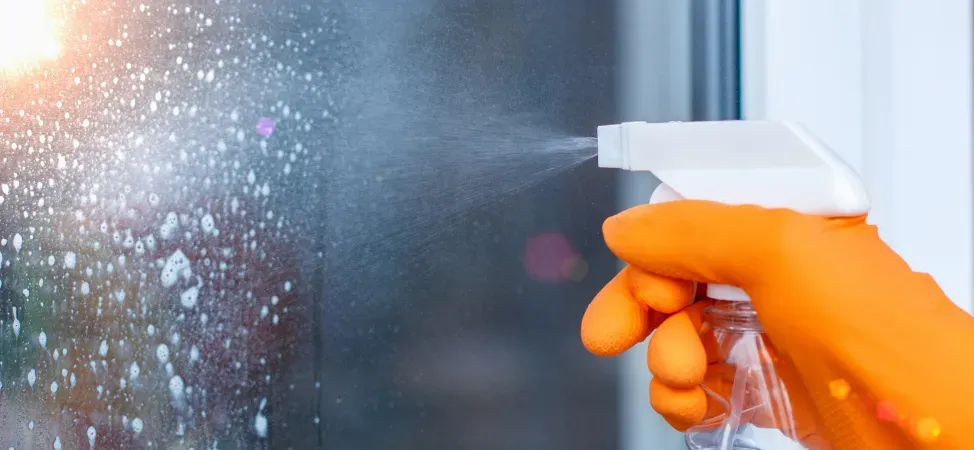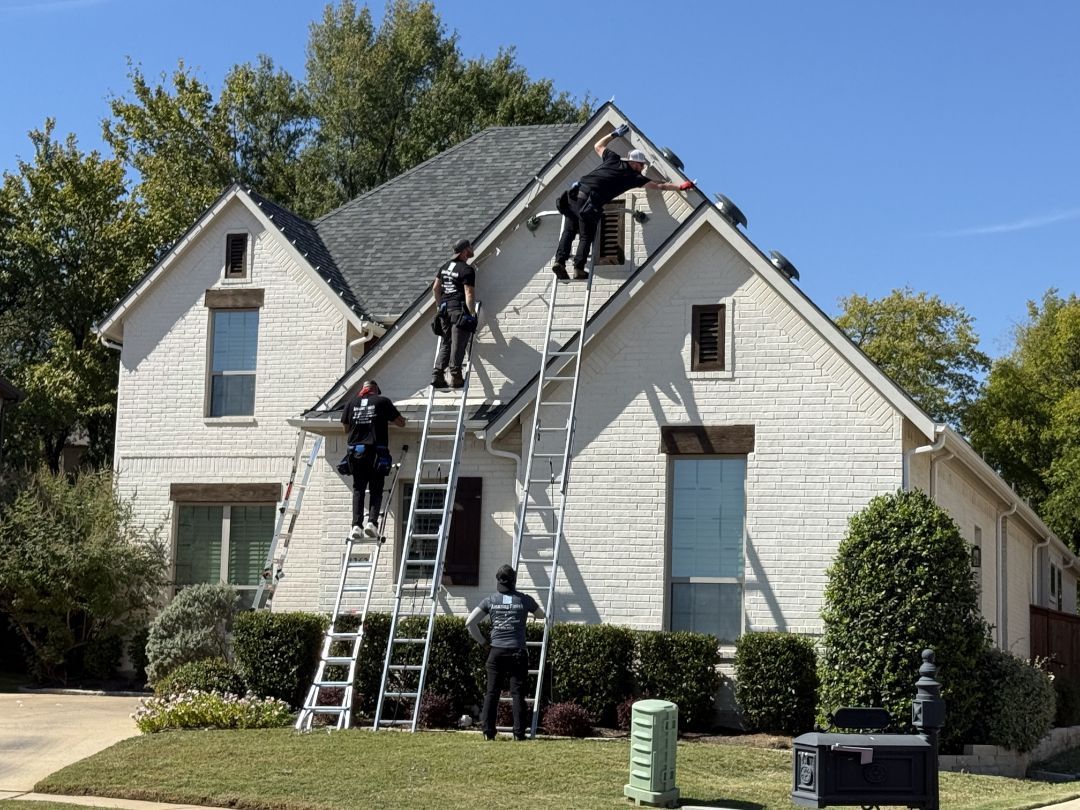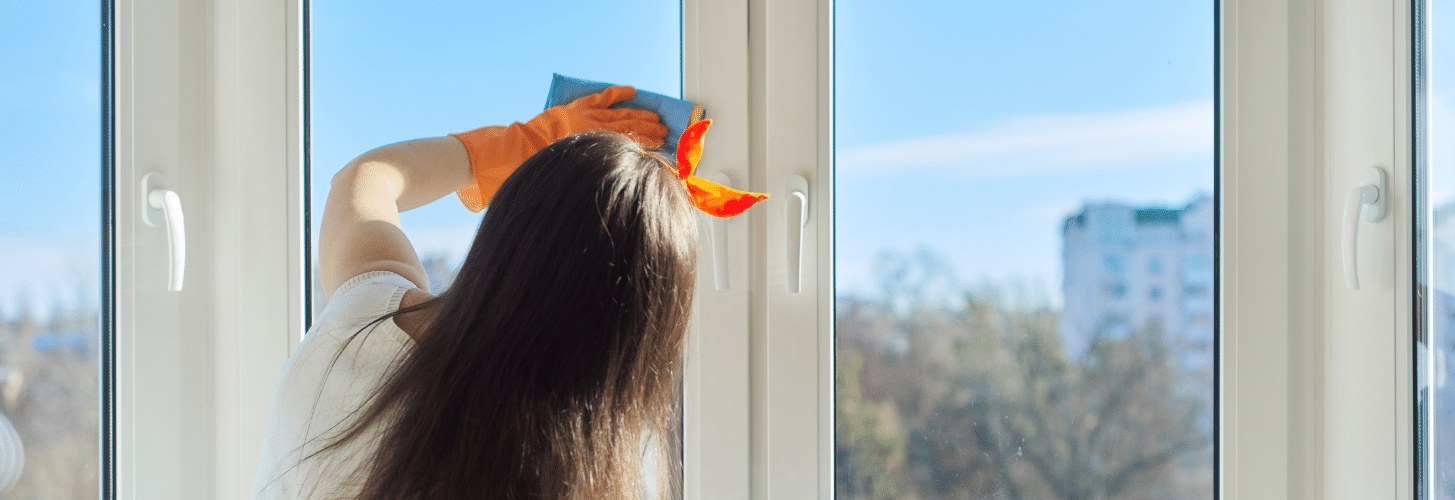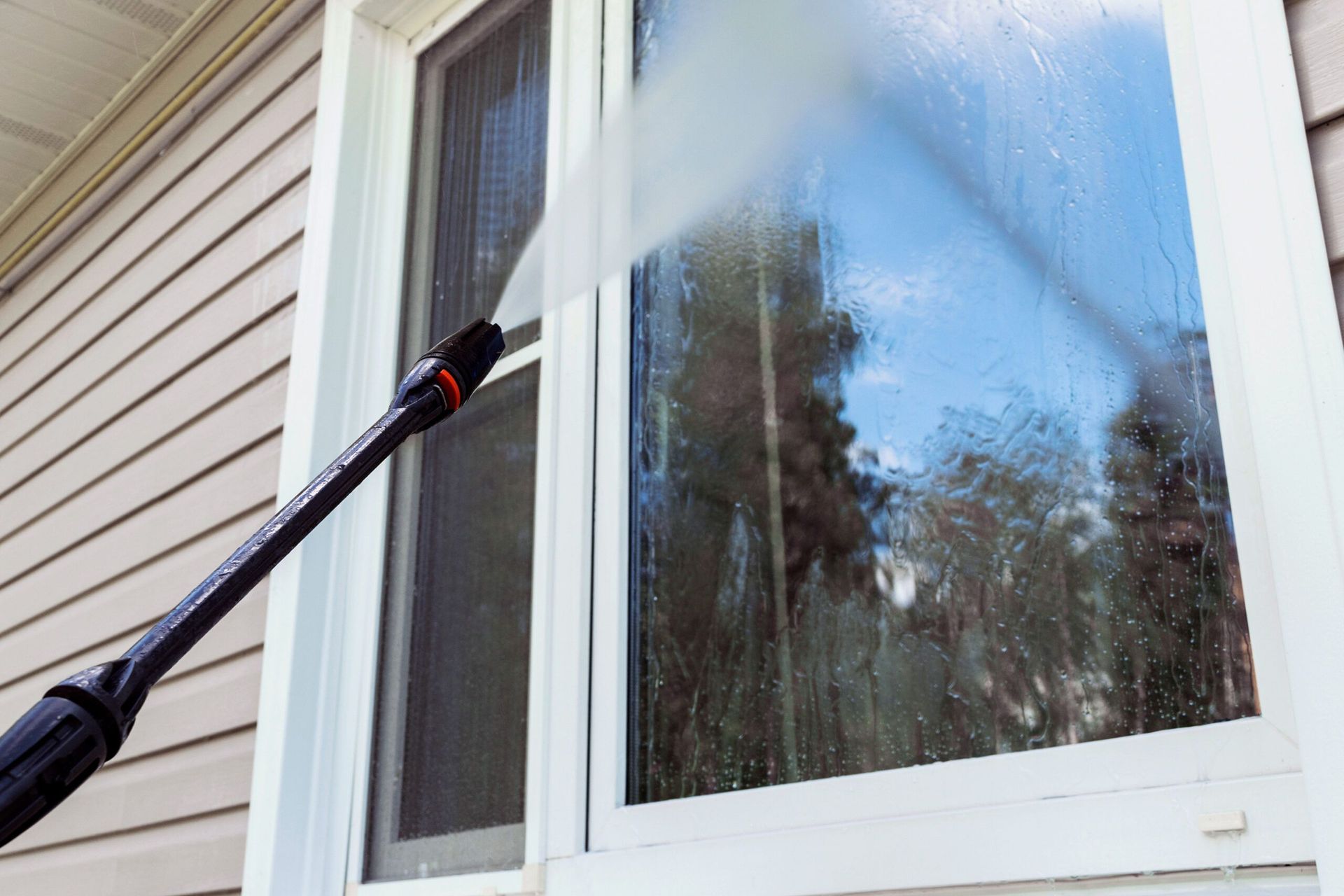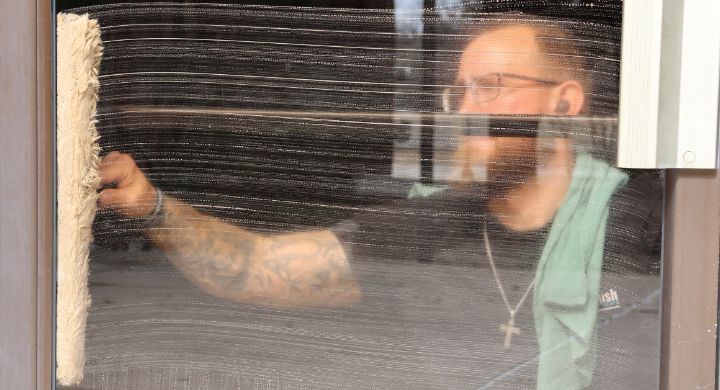Do Windows with Broken Seals Need to Be Replaced?
TLDR;
Yes, windows with broken seals often need to be replaced, especially if they cause condensation between panes, drafts, or energy inefficiency. While minor issues can sometimes be temporarily fixed, a broken seal compromises insulation, leading to long-term damage and higher energy costs.
Understanding Window Seals and Their Importance
Window seals play a crucial role in maintaining the energy efficiency of a home. In double-pane and triple-pane windows, these seals hold insulating gas—usually argon or krypton—between the glass layers to prevent heat transfer. When a seal fails, the insulating gas escapes, allowing moisture to enter and reducing the window’s ability to maintain indoor temperatures.
Signs Your Window Seal Is Broken
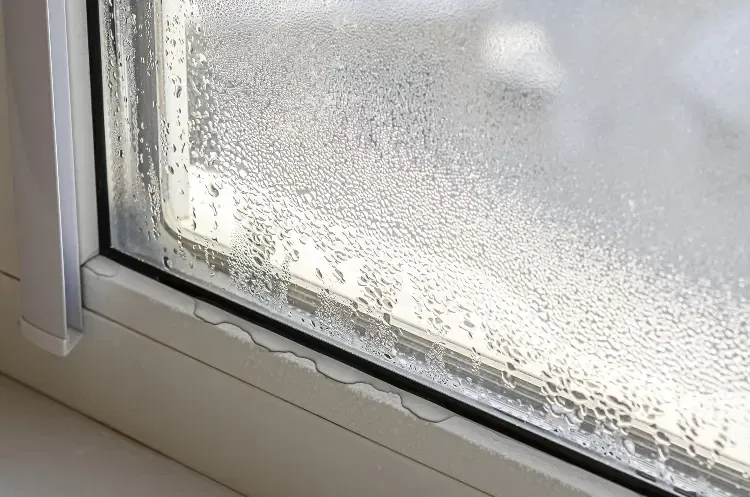
1. Condensation Between Panes
If you notice fogging or moisture trapped between the glass, it’s a strong indicator that the seal has failed. Unlike regular surface condensation, this type is inside the glass and cannot be wiped away.
2. Blurry or Distorted Glass
A broken seal can cause the glass to appear hazy or distorted. This occurs because moisture or dirt particles accumulate inside, affecting visibility.
3. Drafts and Uneven Room Temperatures
If you feel a draft near the window, even when it’s fully closed, air is likely leaking due to a broken seal. This can lead to noticeable temperature differences in different parts of the room.
4. Higher Energy Bills
Since a broken seal reduces insulation, your HVAC system will work harder to maintain indoor temperatures, leading to increased heating and cooling costs.
5. Mold or Water Damage Near Windows
Excess moisture buildup from a failed seal can create a perfect environment for mold growth. Over time, this can damage the surrounding window frame and walls.
What Happens If You Ignore a Broken Window Seal?
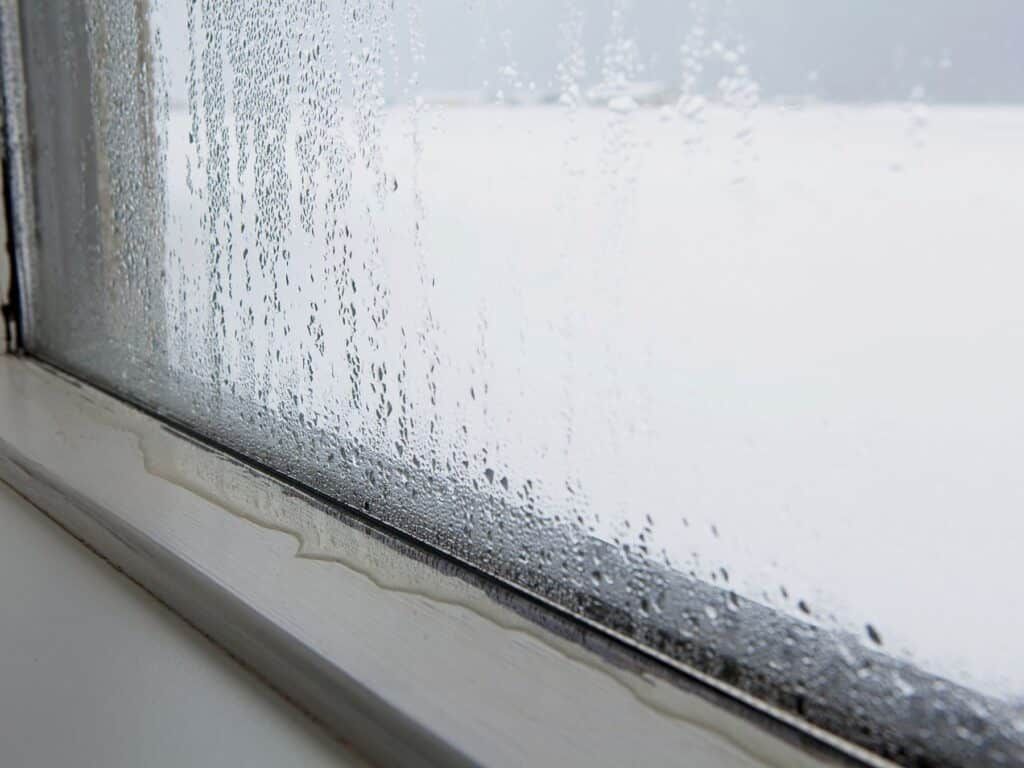
Energy Loss and Higher Costs
A broken seal leads to reduced energy efficiency, causing your heating and cooling system to overwork. This results in higher utility bills and increased wear on your HVAC system.
Potential Structural Damage
Continuous exposure to moisture can weaken window frames, walls, and insulation. Over time, this can lead to costly structural repairs.
Health Concerns
Mold and mildew growth due to excess moisture can negatively impact indoor air quality, potentially causing allergies or respiratory issues.
Can You Repair a Broken Window Seal? (Repair vs. Replacement)
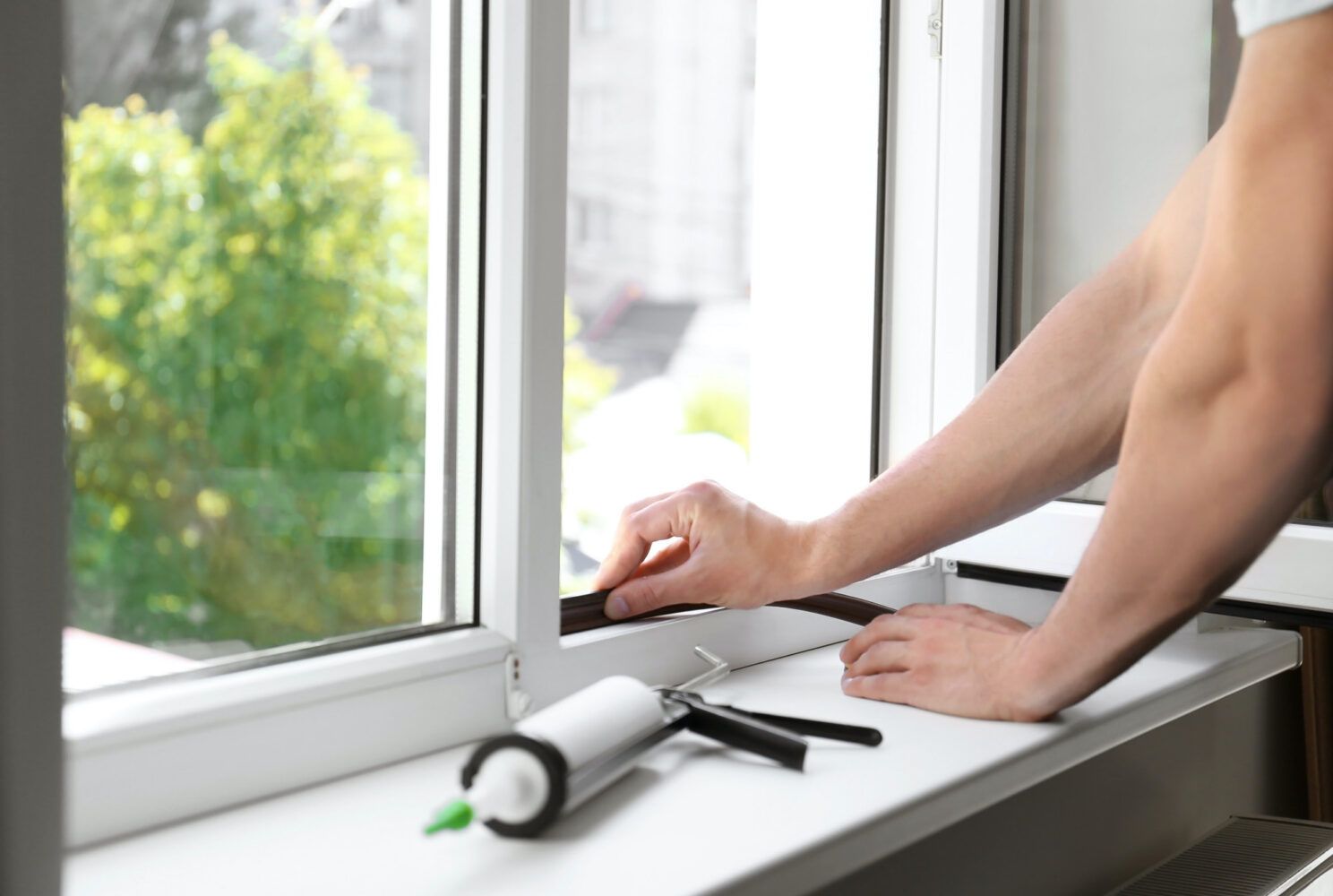
When Repair Is an Option
In some cases, a repair may provide a temporary solution:
- Defogging Services: Some professionals offer defogging treatments to remove trapped moisture inside the panes. However, this does not restore the original insulating properties.
- Seal Reapplication: If only a small section of the seal is damaged, reapplying the sealant might help prevent further damage.
When Replacement Is the Better Choice
- Severe Condensation and Moisture Damage: If water buildup inside the glass is excessive, replacing the insulated glass unit (IGU) or the entire window is usually necessary.
- Multiple Windows with Failed Seals: If you notice several windows in your home exhibiting the same issues, it may be more cost-effective to replace them all at once.
- Old or Inefficient Windows: If your windows are already aging or lack energy-efficient technology, replacing them with modern, high-performance models is the best long-term solution.
Temporary Fixes for a Broken Window Seal
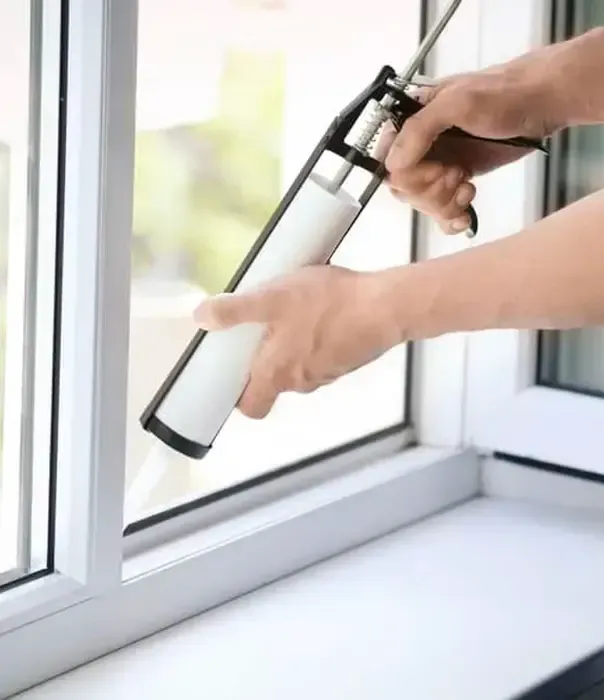
If full replacement isn't an immediate option, here are a few temporary solutions:
1. Use a Dehumidifier
Placing a dehumidifier near the affected window can help reduce interior condensation. However, this does not fix the broken seal itself.
2. Apply Weatherstripping
Adding weatherstripping around the window frame can help reduce drafts and slow down further seal degradation.
3. DIY Seal Repairs
While there are DIY window seal repair kits available, they often provide only short-term results and may not restore full insulation effectiveness.
How to Prevent Future Window Seal Failures
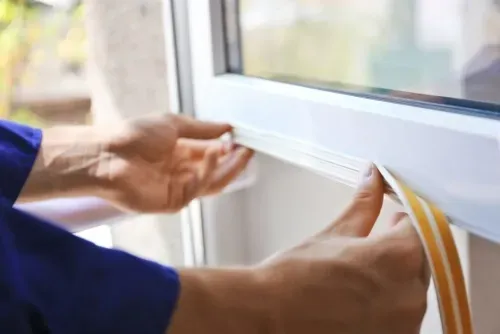
1. Invest in High-Quality Windows
Purchasing well-manufactured, energy-efficient windows can prevent premature seal failures. Look for windows with multi-layer sealing technology.
2. Ensure Proper Installation
Poor installation is one of the leading causes of early window seal failure. Always hire a professional window installer to ensure a tight, secure fit.
3. Regular Maintenance and Inspection
- Window cleaning regularly to prevent debris buildup.
- Inspect seals annually for cracks or wear. If you're unsure whether your windows need resealing, check out these window resealing signs to help determine if maintenance is needed.
- Address any small issues early to prevent bigger problems.
When to Call a Professional for Window Replacement
If you’re experiencing consistent fogging, drafts, or increased energy costs, it’s time to consult a professional. Amazing Finish Windows specializes in window evaluations and replacements, ensuring that your home remains energy-efficient and structurally sound.
Conclusion
Windows with broken seals significantly impact energy efficiency, home comfort, and long-term maintenance costs. While temporary fixes exist, replacement is often the best long-term solution. If you suspect window seal failure, don’t wait until the problem worsens—contact Amazing Finish Windows to explore your best window repair and replacement options today.


